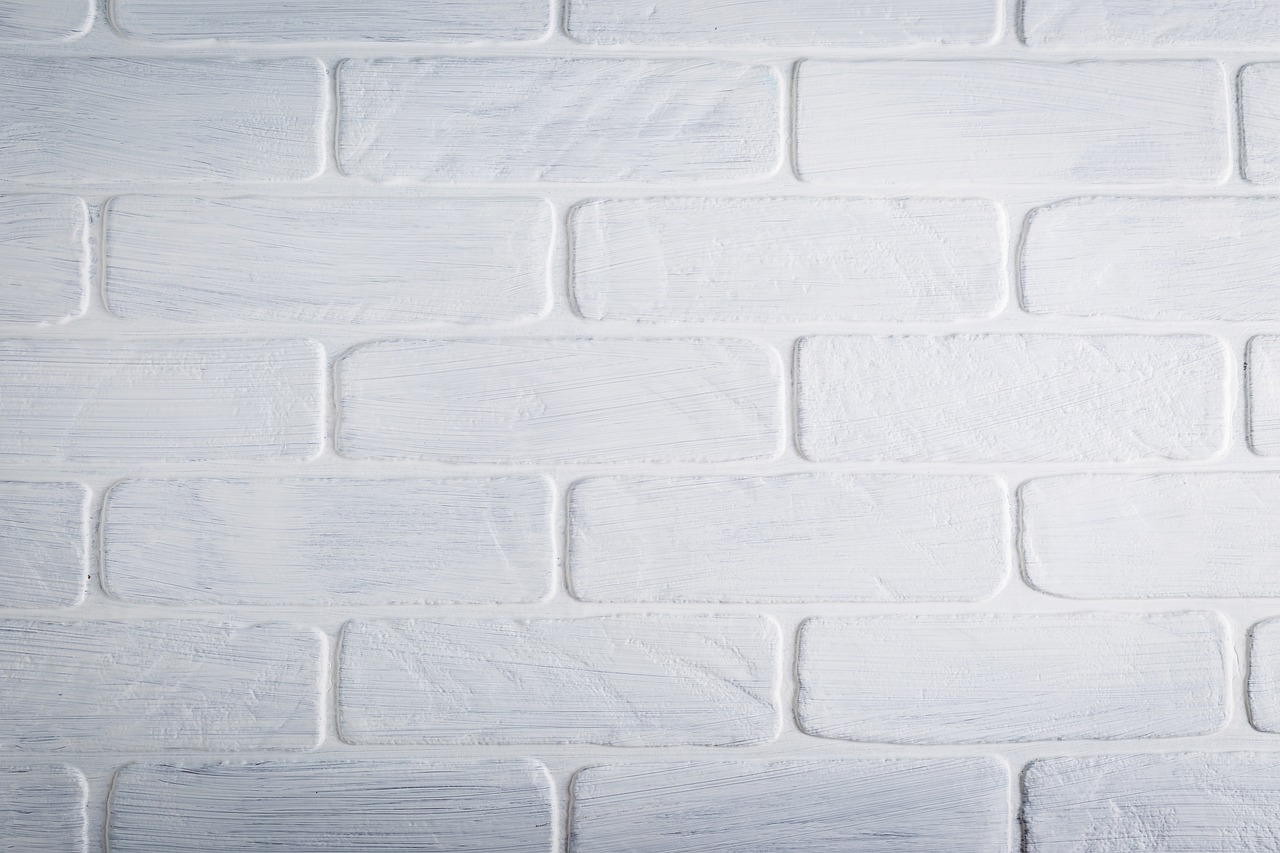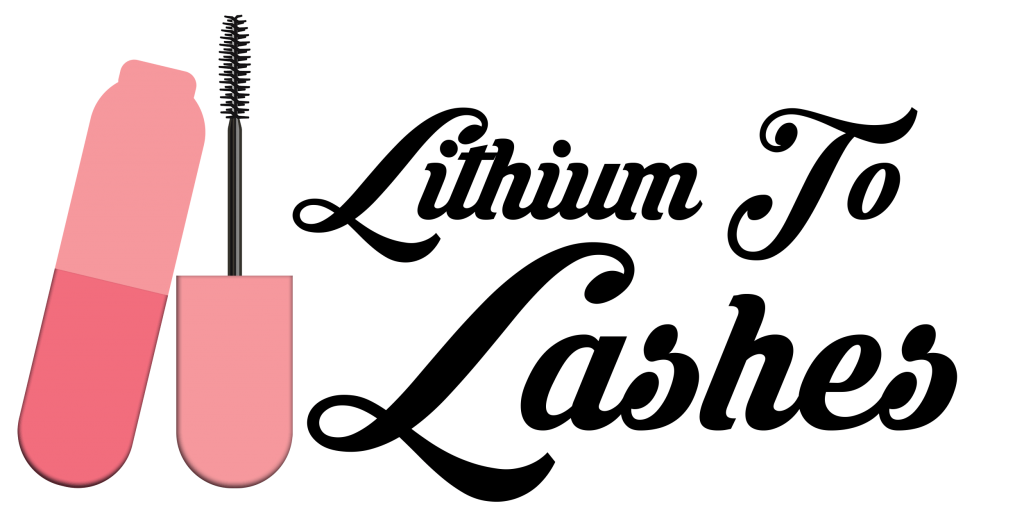If you peruse Pinterest, Instagram, or Twitter on any given day you’ve probably seen people offering an endless supply of platitudes for maintaining your mental health or working through a depressive episode or bout of anxiety. They are offered up as a panacea to all mental health issues, whether acute or chronic. There are usually two classes of people who post these memes, quotes, and personal remarks. The first class is often well-meaning and their suggestions do have some basis in well-researched techniques that deal with situational depression and anxiety; but more often than not, they don’t take into account chronic mental health issues. The second class of people consists of those who have no understanding of how mental illnesses actually work. They feel that people expressing their difficulty with various symptoms, usually depression, are intent on being victims and just not trying hard enough to be happy. It’s basically the pull yourself up by your bootstraps cliche but for mental health. They try and cover their lack of knowledge and disdain for those dealing with mental health issues as concern. It’s similar to fatphobic people hiding behind consideration for someone’s health as an excuse to be rude and dismissive.
Despite readily available and copious amounts of information written by mental health professionals and those living with these conditions available at their fingertips, the second class of people still choose to rely on pseudoscience, mysticism, and poorly constructed “logic.” Oh, and don’t try to tell them they’re wrong. You might as well try to convince a toddler they shouldn’t eat things off the ground. It becomes a nonsensical tantrum: complete with name-calling, straw man, and red herring arguments. They revel in their ignorance and believe their contrarian and easily disproven opinions makes them smarter than others. I no longer bother addressing them.
However, the first class of people who would genuinely like to help people is who I want to focus on. I truly believe they are well-intentioned, but intention doesn’t trump impact. Their lists of ways to cope with depression and anxiety are quite frankly “basic.” They don’t account for various barriers to their solutions, first and foremost being that you can’t always think your way out of depression or anxiety. I only speak of these two symptoms/ diagnoses because that’s all that’s ever really discussed. Mania, psychosis, binge eating or food restriction, inability to concentrate, so and on and so forth are the symptoms that aren’t in vogue to discuss. They don’t fit the trendy aesthetic of mental illness (I’ll get into this trend in another post), so not many people are taking the time to hit up Canva to make catchy infographics and Instagram graphics to create lists on how to quiet the voices in your head or 15 ways to not think you can fly.
Beyond these posts leaving out many other symptoms, their advice comes off as condescending. Fam, you think depressed people don’t know they should drink more water and eat healthier? You don’t think that we have tried doing things we usually love? Wouldn’t we all like to reduce stress? Or that we haven’t thought that going outside and getting fresh air would make us feel better? Oh and the tried and true solution of getting some exercise.

I want to make something very clear. Depression will Spartan kick all of these “helpful tips” right off a cliff and yell “Is this your king?” Do you understand how hard it is to grab an apple over a cookie? Read this to help understand why: https://www.webmd.com/depression/features/craving-carbs#1 Do you realize that a symptom of depression is an inability to find joy in things you once loved? Have you ever took a moment to think that life more stressful for some than others. Many of us aren’t stressed about trivial stuff that we can brush aside. We have demanding jobs with the fear of being let go always looming over our heads. We have debt and ridiculously high costs of living. Some people have children with severe medical conditions. Hell, having healthy kids is stressful too. Did you know that extreme fatigue and reduced motivation can keep people from leaving the house? Have you ever considered that there are people with physical disabilities that can’t exercise or that some of us experience exercise-induced depression? Oh but wait there’s more regarding the “just exercise” advice! A study published in the British Medical Journal has found that adding in additional physical activity does not reduce symptoms of depression. So this simplistic advice is just impractical.
I don’t mean to dissuade anyone from discussing coping mechanisms or self-care tips. I would, however, urge people to actually use sources with scientifically backed information instead of copying and pasting tips from Cosmo or an eye-catching graphic you saw on Pinterest.
But I don’t want to go on ranting about a problem without any solution so below I’ve put together a list of ways to cope with depression that are recommended by professionals. Albeit some of them require a certain level of privilege and access to treatment, I’ve still worked to find things you can do yourself.
Depression and Anxiety
- Learn to recognize signs of your depression and what triggers your anxiety.
- Stick with your treatment. Don’t stop because you don’t feel better right away or because you do feel better and don’t feel you need it anymore. But if you don’t feel comfortable or feel like you aren’t being listened to, explore other doctors and therapists. Not every doctor is good or right for everyone.
- If you are on medicine, take it as prescribed. Don’t take nighttime meds in the morning, if it says to eat with food then don’t take it on an empty stomach, etc.
- Stay away from substances that can increase depression i.e. alcohol, caffeine.
- Work on better sleep hygiene. Limit using electronic devices an hour before bed. Make your bedroom a peaceful and tranquil space. Don’t go to bed on a full stomach. Meditate before going to bed. Keep your room cool, but not freezing. Try a weighted blanket.
- Keep a journal. You don’t have to write in any particular fashion. It doesn’t have to pass a grammatical test. You can just have a stream of thoughts, use bullet point, or even doodle.
- Try to eat at regular intervals throughout the day to keep your blood sugar level.
- Speak with a therapist or counselor.
- Be open to new coping skills if the ones you have are no longer working.
- Practice mindful breathing when anxiety starts to increase.
- Say no to taking on new tasks or spending time doing things you don’t want to.
- Most of all, don’t be afraid to reach out for help.
- Create lists of things you NEED to get done so that you can work through them bit by bit and not get flustered because you forgot to do something or feel overwhelmed.
- Develop a daily routine that accounts for your responsibilities. Wake up and go to bed at the same time every day, even on the weekends. Have a set schedule for how you organize your day if your job allows. Eat at the same time each day. Take your medicine at the same time each day. Add in whatever is specific to your daily life to these as you see fit.
- Eat less processed food.
Mania
- If you tend to overspend, especially in brick and mortar stores, give your debit and credit cards to someone you know can be trusted with them if you have someone like that around
- Get active. I don’t mean exercise away your mania. I mean find a productive way to expend the extra energy. It can be exercising, writing, cleaning, cooking, trying a new activity, etc.
- Temporarily delete your social media accounts. Especially if your mania makes you a rambling, “honest” person. You may say a lot of things you will regret.
- Most importantly, learn to recognize the signs of an upcoming manic episode so that you can take steps to either avoid it or lessen the disruption on your life.







Let me know what you think